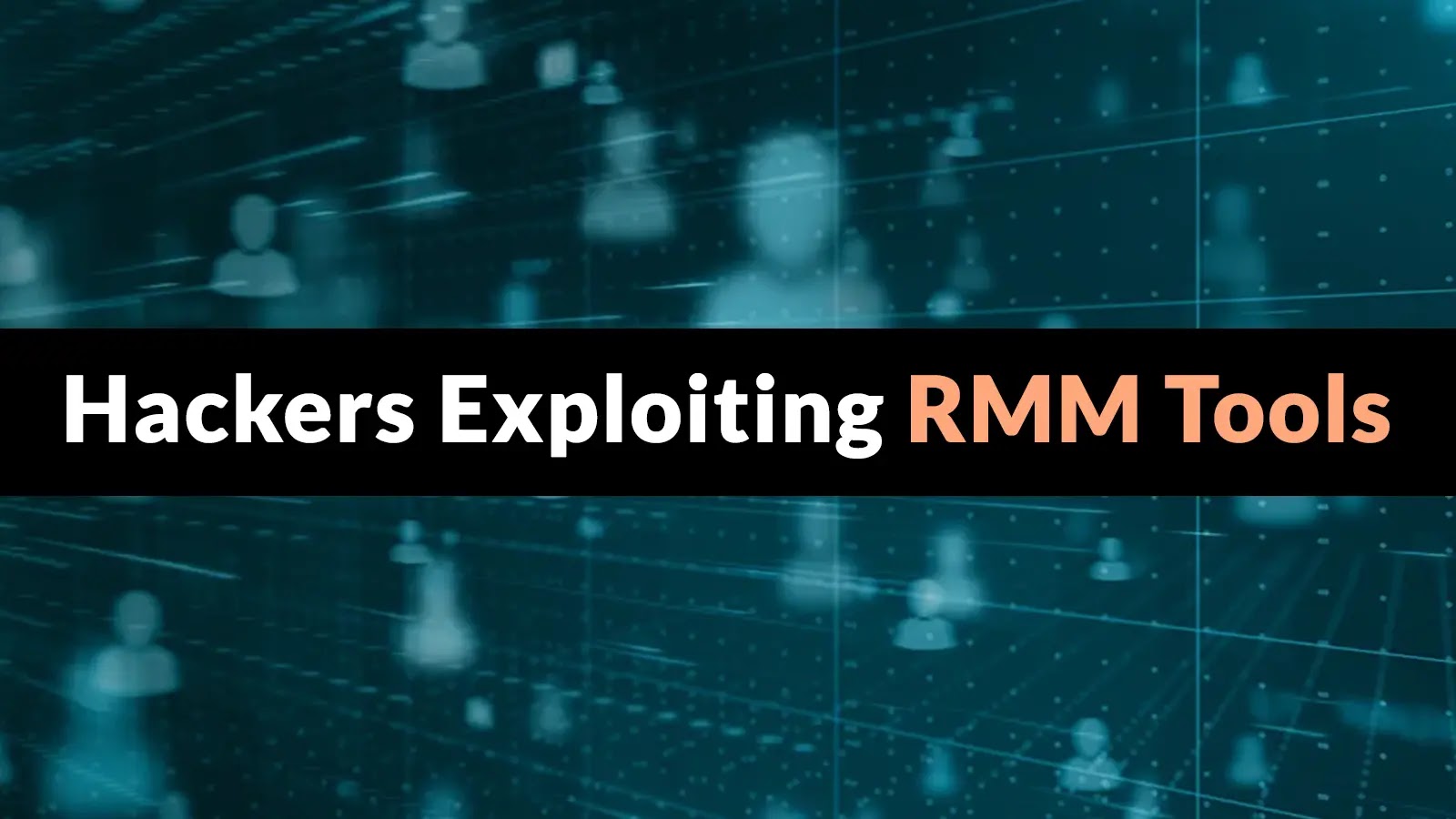In recent developments, cybercriminals have been actively exploiting a critical security flaw in Apache ActiveMQ to infiltrate cloud-based Linux systems, deploying a sophisticated malware known as DripDropper. This vulnerability, identified as CVE-2023-46604, is a remote code execution (RCE) flaw that allows attackers to execute arbitrary shell commands on affected systems. Despite being addressed in October 2023, the flaw continues to be a target for malicious actors.
Understanding CVE-2023-46604
Apache ActiveMQ is a widely used open-source message broker that facilitates communication between different applications. The CVE-2023-46604 vulnerability arises from improper validation during the unmarshalling of OpenWire commands. Specifically, the size values of buffers were not adequately checked, leading to potential excessive memory allocation. This oversight can be exploited to cause a denial of service (DoS) by depleting system memory, thereby affecting applications and services that rely on the ActiveMQ broker. The flaw affects the following versions:
– 6.0.0 before 6.1.6
– 5.18.0 before 5.18.7
– 5.17.0 before 5.17.7
– Before 5.16.8
Notably, ActiveMQ 5.19.0 and later versions are not affected. Users are strongly advised to upgrade to versions 6.1.6+, 5.19.0+, 5.18.7+, 5.17.7, or 5.16.8 to mitigate this issue. Implementing mutual TLS (Transport Layer Security) can also serve as an additional protective measure.
The Emergence of DripDropper
Security researchers at Red Canary have observed that attackers are leveraging this vulnerability to deploy DripDropper, a previously unidentified downloader malware. DripDropper is a PyInstaller Executable and Linkable Format (ELF) binary that requires a password to execute, a tactic designed to resist analysis. Once active, it communicates with an attacker-controlled Dropbox account, illustrating a growing trend among cybercriminals to use legitimate services to blend in with regular network activity and evade detection.
Attack Methodology
The attack sequence typically unfolds as follows:
1. Exploitation of the Vulnerability: Attackers exploit CVE-2023-46604 to gain initial access to the target system.
2. Modification of SSH Configurations: They modify existing SSH daemon (sshd) configurations to enable root login, granting elevated access.
3. Deployment of DripDropper: With elevated privileges, the attackers deploy DripDropper to establish a persistent foothold.
4. Establishment of Command and Control (C2): DripDropper contacts the attacker’s Dropbox account to receive further instructions and payloads.
5. Persistence Mechanisms: The malware achieves persistence by modifying the `0anacron` file present in directories such as `/etc/cron.hourly`, `/etc/cron.daily`, `/etc/cron.weekly`, and `/etc/cron.monthly`.
6. Patching the Exploited Vulnerability: In a notable twist, attackers download patches for CVE-2023-46604 from Apache Maven repositories to fix the very vulnerability they exploited. This tactic prevents other threat actors from exploiting the same flaw and helps the attackers evade detection.
Implications and Recommendations
The exploitation of this vulnerability underscores the critical importance of timely patch management. Organizations are urged to:
– Upgrade Affected Systems: Ensure that all instances of Apache ActiveMQ are updated to the latest patched versions.
– Implement Mutual TLS: Configure mutual TLS to add an extra layer of security, preventing unauthorized access.
– Monitor System Logs: Regularly review logs for unusual activities, such as unauthorized SSH configuration changes or unexpected network communications.
– Restrict Access: Limit access to internal services by configuring ingress rules to trusted IP addresses or VPNs.
By adopting these measures, organizations can significantly reduce the risk of exploitation and enhance their overall security posture.


